There will be 13 presidential tickets on the ballot come August 13, but most analysts believe only four candidates have a real chance of becoming Argentina’s next head of state. Running for the nation’s highest office is one thing – winning is quite another.
"There are four hopefuls for president today who could become president on 10 December. What we are seeing is that any of those four could win," said Fernando Larrosa, a sociologist at the University of Tres de Febrero and director of the CEIS consultancy firm, told AM530 radio this week.
The first is Sergio Massa, a 51-year-old lawyer and veteran politician who will retain his current post of economy minister, at least for now. The Frente Renovador leader, representing the entire Unión por la Patria coalition, will continue to battle inflation and lead negotiations with the International Monetary Fund over the refinancing of Argentina’s US$44-billion debt.
Massa, who is not favoured by the leftist Kirchnerite wing of the coalition but has strong relations with US investors, faces the challenge of convincing an electorate amid economic crisis. He must persuade voters that the country’s runaway inflation rate (currently 114 percent annualised) can be lowered without putting a brake on economic growth.
The two other leading hopefuls come from the centre-right Juntos por el Cambio opposition. Buenos Aires City Mayor Horacio Rodríguez Larreta and former security minister Patricia Bullrich are competing in the same space, with voters set to choose which of the two high-profile hopefuls will miss out.
Both vow to tackle the economic crisis with immediate labour and pension reforms and are expected to introduce austerity measures to cut spending. They are seen to represent the two flanks of the opposition coalition, which are dubbed “hawks” (Bullrich) and “doves” (Rodríguez Larreta).
Bullrich has vowed to deliver “fundamental change,”
It will be the first time that the opposition coalition has let voters choose their candidate after uncontested runs for former president Mauricio Macri in 2015 and 2019.
"Juntos por el Cambio is a coalition that is learning to compete internally. Until now it was the grouping of those who followed Macri. For them it is an unprecedented challenge," said political scientist Marcos Novaro, of the University of Buenos Aires.
"The primary is very even. Larreta started much higher than Bullrich a few months ago, but today we can't say who is going to win," offered Larrosa.
The fourth competitive candidate – and the clear outsider – is anti-establishment libertarian leader Javier Milei. The economist will run uncontested for the La Libertad Avanza alliance and though his popularity ratings seems to have stalled, his rhetoric against the existing political class continues to hit home.
"Milei is not seen as having fallen in the polls, but he has stagnated. Only five months ago he was a candidate who could be chosen by a very young sector of the middle and upper-middle classes. Then his growth was brutal, but since May he has stagnated. He is the one with the least structure behind him," analysed Larrosa.
Both President Alberto Fernandez and Vice-President Cristina Fernández de Kirchner have decided not to run for office this time out. Macri, who served a single term as Fernández’s predecessor, also stepped aside.
– TIMES/AFP











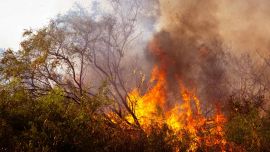






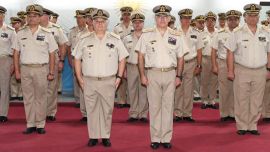
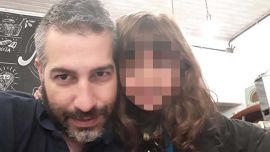
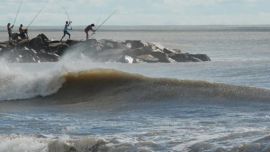
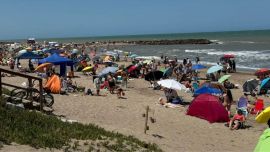
Comments